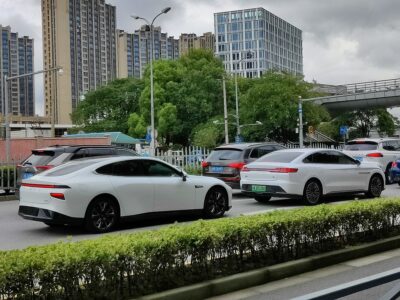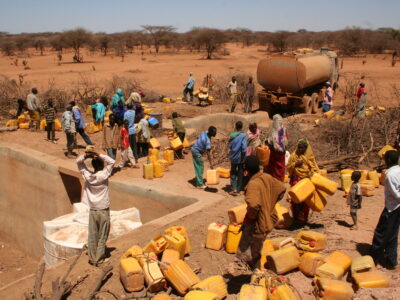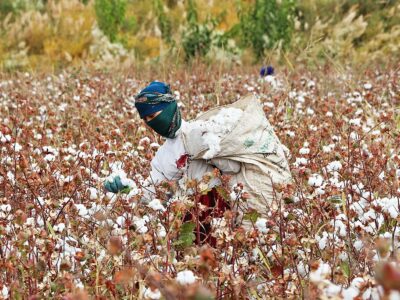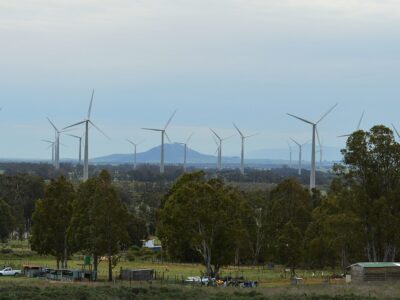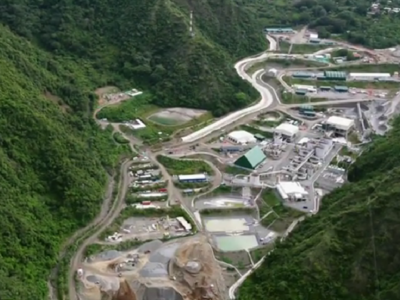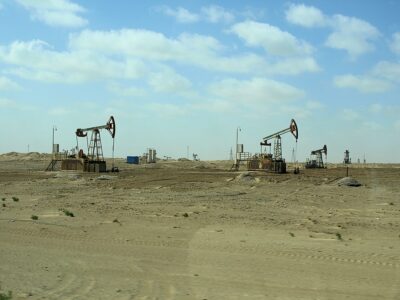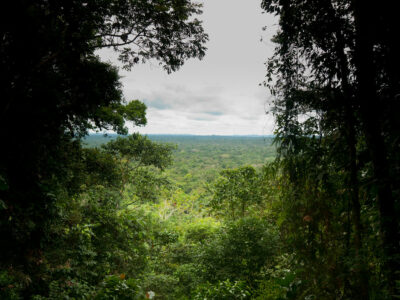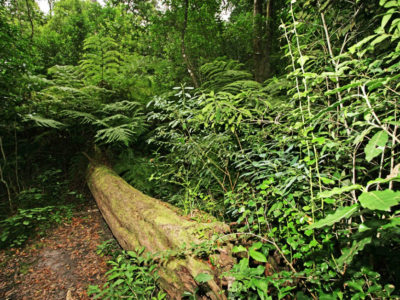
Image courtesy of Sydney Allen, via Canva Pro.
In 2024, Global Voices is launching and running a Global Climate Justice Fellowship for a period of 10 months to pair independent Sinophone journalists and journalists from Central Asia, Francophone Africa, and Latin America to assess the role of China in mitigating the global climate crisis. Like many economic superpowers, when it comes to the climate crisis, China is both part of the problem and part of the solution both domestically and around the world. The task for each pair of journalists is to work together to cover a topic of their choice under this framework and produce monthly stories in multiple languages. The goal is for local audiences to have access to reliable and multi-sourced information when assessing the role of China in their country in relation to climate justice.
The project also partners with media outlets in different languages as well as with other organizations that are researching and reporting on climate justice worldwide.
Sinophone fellows
Global South fellows
Editorial team
Stories about Global Climate Justice Fellowship
China's impact on the Rogun Dam Project in Tajikistan
Tajikistan's Rogun Dam Project is one of the most ambitious hydroelectric projects in the world. Do the ballooning costs, environmental concerns, and human rights abuses outweigh the potential benefits?
China's investment in agriculture in Tajikistan: A focus on growth and pesticide use
Beginning in 2012, Tajikistan leased around 18,000 hectares of arable land to China for agricultural cultivation. Over ten years later, how has this turned out for the Tajik economy and its farmers?
A Chinese mining company relocated a whole Peruvian town. Now, they are struggling to survive
In 2013, a Chinese mining company forcibly relocated a community of 5,000+ people in Peru. Ten years later, the community is living in poverty and the company has failed to honor its promises.
Seeking independence from Chinese exports, Brazil enters bid to explore rare earths
Rare earths are essential for the green energy transition, however, they are also difficult to mine and harmful to the environment, leading to the “rare earth paradox.”
The impact of China's fishing policies on West Africa
Climate pressure and overfishing have reduced domestic fish output in China, forcing Chinese fishing vessels into overseas waters. Fishermen in West Africa are paying the price.
Fueling China's EV expansion: The green revolution and its environmental demands in Central Asia
China is looking to increase its electric vehicle exports in Central Asia, however, the region's coal-based energy grid and increasing EV-related mining projects could stunt the benefits of this green vehicle transition.
China helped Cameroon build drinking water infrastructure. Is it a debt crisis or developmental aid?
Cameroon has built up it's clean water infrastructure thanks to access to Chinese loans. However, what are the long-term consequences of the resulting debt?
China strives to go green in South America's ‘Lithium Triangle’
Lithium is essential for the global green energy transition. At the same time, the pursuit of “white gold” comes with significant environmental and social costs. The Andean Lithium Triangle is grappling with this contradiction.
The pros and cons of Chinese investment in Tajikistan's gold mining sector
China controls over 75 percent of Tajikistan’s output of gold, which, on the one hand generates significant money for the Tajik government, but also harms local citizens and the ecosystem.
As electric vehicles gain momentum in Brazil, China's influence shines through
Chinese electric vehicles has made major inroads into Brazil's auto industry, however, increased tariffs on Chinese EVs could slow this progress.
Boycotting Xinjiang cotton: What does it mean for environmental and labor justice in Central Asia?
While international brands have stepped away from cotton produced in Xinjiang, China, due to human rights concerns, some of the alternative producers, including Uzbekistan, have their own environmental and labor rights issues.
The complex role China plays in Africa's energy transition
China's investment in the clean energy sector in East African countries has simultaneously offered thousands access to electricity, while also creating opportunities for exploitation within the market.
Tensions at Colombia’s largest gold mine highlight climate justice quagmire
The Colombian government is simultaneously facing a lawsuit by a Chinese mining company, protests by local miners, and calls for action by communities caught in the middle.
China increases gas imports from Turkmenistan for green energy transition. It's impact is unclear
To reduce carbon emissions, China is looking to transition from coal to natural gas, with much of that coming from Turkmenistan. But how will this impact its overall annual emissions?
With the reintroduction of import taxes on Chinese solar panels, Brazil hopes to develop its own industry
For years, Brazil has relied on Chinese solar panels to power its green energy transition. With a new tax on solar energy equipment imports, this industry could be shaken.
Will Ecuador lift Amazon oil block despite a historic referendum?
A historic referendum that halted all oil exploitation in Ecuador's Yasuni National Park is putting Chinese oil investors in a tough position.
Is China partly responsible for the destruction of Africa's Miombo woodlands?
China is the world's largest importer of timber. How has it affected the forest and timber industry in Africa?











